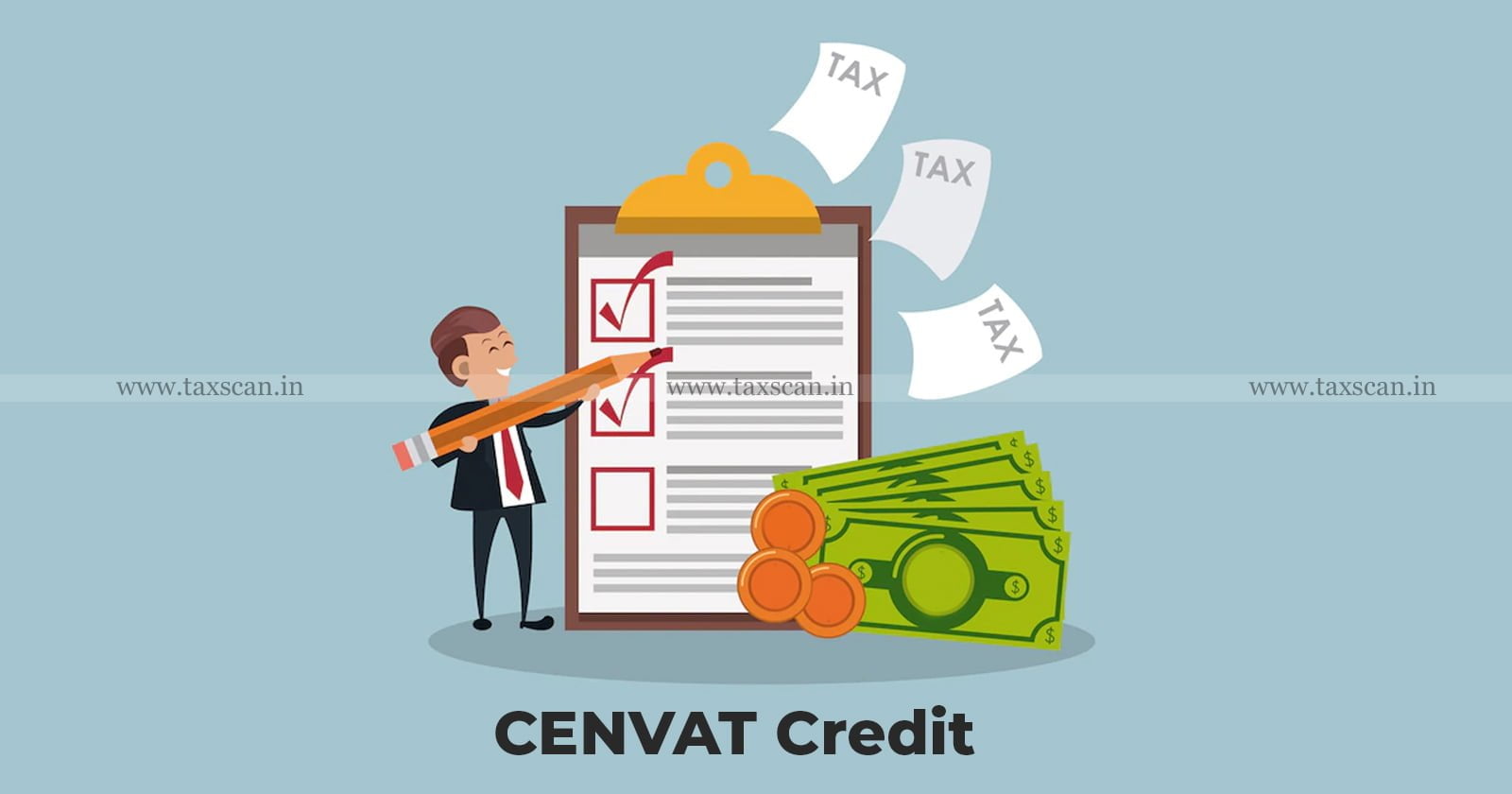Rebate to be Granted when no Cenvat Credit Availed on Inputs Used in Exported Goods: Bombay High Court
The Petitioner had not availed Cenvat credit on the inputs used to manufacture the exported goods, it was entitled to a rebate

Rebate on exports – Cenvat credit – Bombay High Court ruling – taxscan
Rebate on exports – Cenvat credit – Bombay High Court ruling – taxscan
The Bombay High Court has recently upheld a rebate claim, ruling that no Cenvat credit was availed on the inputs used in the exported goods, thus making the exporter eligible for the rebate under Rule 18 of the Central Excise Rules, 2002.
The Division Bench comprising Justice B. P. Colabawalla and Justice Firdosh P. Pooniwalla observed that since the Petitioner had not availed Cenvat credit on the inputs used to manufacture the exported goods, it was entitled to a rebate. It was held that rebate eligibility requires no Cenvat credit to be claimed on inputs specifically used for exported goods.
Stay Updated with the Latest Audit Report Formats & Audit Trials Requirements! Click here
The Petitioner, engaged in manufacturing Draw Texturised Yarn (DTY) and Polyester Staple Fibre (PSF) under Chapter Headings 5406 and 5506 respectively, operates out of its factory at A-31, MIDC Industrial Area, Butibori, Nagpur.
Between January and April 2008, the Petitioner sold goods both domestically (with payment of excise duty) and for export (also on payment of excise duty). At the time of receiving inputs, it was unclear which would be used for domestic sales or exports, prompting the Petitioner to initially claim Cenvat credit on all eligible inputs.
However, before exporting finished goods, the Petitioner reversed the Cenvat credit on inputs used in the exported goods. Therefore, no credit was availed on the inputs specifically used in the exported products.
The Petitioner also claimed a drawback at the All Industry Rate of 16% under the Drawback Rules, 1995, applicable where no Cenvat credit is taken. This claim was made because the duty on inputs used for export was reversed at the time of clearance.
Further, the Petitioner exported goods after paying central excise duty using accumulated Cenvat credit from unrelated domestic transactions. It contended that the Cenvat credit utilized did not relate to the exported goods, and rebate claims under Rule 18, read with Notification No. 19/2004-CE(NT), were filed accordingly.
Although the Department initially sanctioned the rebate claims after document verification, it later issued show cause notices seeking recovery of ₹10.89 crore, arguing that the Petitioner had wrongly claimed both drawback and rebate, allegedly violating Rule 18 and the relevant notification.
The Court noted that the logic in the impugned Order would lead to an unreasonable outcome. It held that merely availing Cenvat credit for unrelated domestic transactions cannot disqualify an exporter from claiming a rebate on exports where credit on relevant inputs was reversed.
Such an interpretation was contrary to the export policy and precedent set by the Supreme Court in Spentex Industries Ltd.
To Read the full text of the Order CLICK HERE
Support our journalism by subscribing to Taxscan premium. Follow us on Telegram for quick updates


